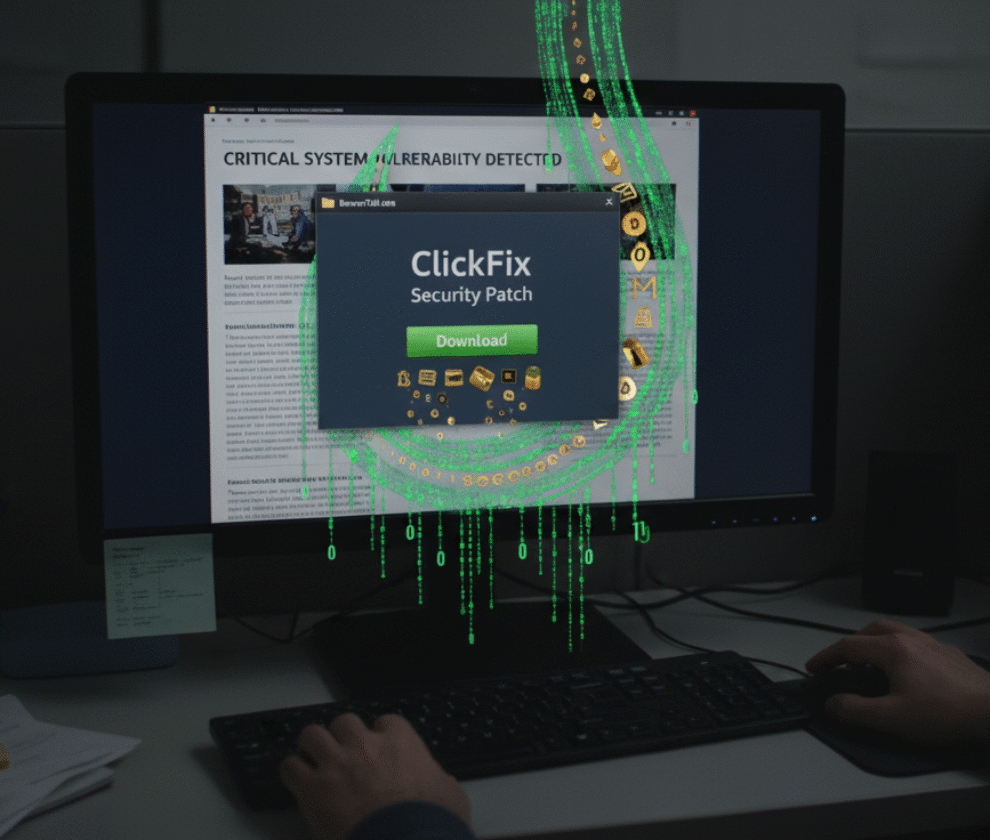Introduction
In today’s interconnected world, cybersecurity plays a pivotal role in safeguarding economic assets and sensitive data. Unfortunately, federal efforts in the United States to promote structured information sharing within the cybersecurity domain appear to be faltering. Legislative frameworks, such as the Cybersecurity Information Sharing Act of 2015 (CISA 2015), are at risk of not being renewed due to a lack of consensus in Congress. This shortfall places critical infrastructure and national security in a precarious position.
What Makes Cyber Information Sharing Crucial?
Cyber threats have become more sophisticated, targeting government databases, private enterprises, and even critical infrastructure. To mitigate such risks, timely information sharing between private entities and federal agencies is essential. Programs like CISA 2015 encouraged a collaboration where businesses could share potential threats with entities such as the Department of Homeland Security (DHS) without the fear of legal repercussions. This system was instrumental in breaking the silos that previously hindered coordinated responses to cyberattacks.
Building a Resilient Framework
The idea behind laws like CISA 2015 was to create a robust threat-intelligence framework. According to a report by CISA, information sharing has led to faster detection of malware campaigns and network intrusions, providing organizations with actionable intelligence to preemptively secure their systems. Moreover, these frameworks promote corporate transparency in cybersecurity practices, building trust across industries.
The Current Legislative Roadblocks
The fallout around renewing CISA 2015 and similar cybersecurity bills stems from political disagreements. As lawmakers fail to agree on essential updates, gaps in legislative coverage could emerge. Without a renewed framework, businesses may hesitate to share critical threat intelligence due to liability fears, thereby increasing the overall vulnerability to cyberattacks.
An analysis by Brookings Institution highlights how these legislative inconsistencies could lead to an increase in unreported attacks, setting the stage for massive data breaches. The current situation symbolizes a disconnect between recognizing the need for cybersecurity measures and the political will to implement them effectively.
Protecting Critical Infrastructure
Critical infrastructure sectors like energy, healthcare, and finance form the backbone of a functioning society. Without robust cybersecurity laws, these sectors are increasingly exposed to cyberattacks, threatening public safety and economic stability. For example, the infamous Colonial Pipeline attack in 2021 highlighted how ransomware could disrupt essential services, emphasizing the urgent need for structured collaborations in cybersecurity.
Efforts to protect these sectors often rely on timely information about threats. If businesses start withdrawing from collaborative efforts due to legislative ambiguity, the consequences could be far-reaching, from prolonged outages to compromised public trust.
Implications for Small and Medium Enterprises (SMEs)
While large corporations have dedicated teams to address cybersecurity, SMEs often do not possess similar resources. Provisions like those in CISA 2015 offered SMEs a lifeline, allowing them to access shared intelligence and enhance their cybersecurity postures. If these initiatives disappear, smaller organizations might struggle to identify and respond to potential threats—often becoming easy prey for attackers.
Global Implications of US Cybersecurity Legislation
The world looks to the United States as a leader in cybersecurity policy development. Any setbacks or lapses in renewing critical laws could influence how other nations shape their policies. Additionally, multinational corporations rely on U.S. standards to inform their own cybersecurity practices. A lack of renewed incentivization for information sharing domestically could create a ripple effect, weakening international cybersecurity collaborations.
Practical Steps Moving Forward
Given the importance of cybersecurity legislation, here are some steps stakeholders can take to mitigate risks:
- Advocate for Renewals: Industry leaders must push policymakers to prioritize renewing and updating cybersecurity frameworks like CISA 2015.
- Public-Private Partnerships: Strengthen existing collaborations between government agencies and private entities.
- Awareness Campaigns: Educate businesses about the significance of threat sharing irrespective of legislative uncertainties.
Conclusion
The potential discontinuation of critical legislation like CISA 2015 could lead to severe gaps in the United States’ cybersecurity posture, leaving organizations, infrastructure, and data unprotected. Timely action is required to renew and adapt these frameworks to meet the challenges of an evolving digital landscape. Stakeholders, including government bodies, private companies, and citizens, must work hand-in-hand to ensure that information-sharing mechanisms are not only preserved but also enhanced.
For personalized cybersecurity strategies and an in-depth analysis of your organization’s risk profile, consider partnering with My Own Detective—a trusted name in cybersecurity intelligence and protection. Let us guide you through the complexities of today’s cyber world.


